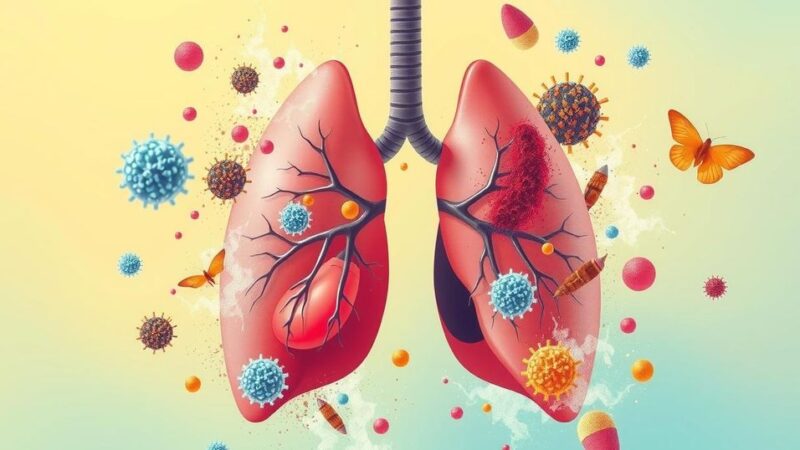Cervical cancer poses a severe health risk in Indonesia, with high incidence and mortality rates. During World Immunization Week, the country is urged to address this issue, amid discussions on achieving the elimination goal by 2030. Statistics reveal a high rate of deaths linked to the HPV-related disease, making vaccination efforts more critical than ever.
Cervical cancer remains a significant health threat in Indonesia. During this year’s World Immunization Week, held from April 24 to 30, the focus was clearly on the high incidence and mortality rates of cervical cancer in the country. The burning question now is whether Indonesia can achieve its goal of eliminating cervical cancer by 2030.
Under the theme “Immunization for All is Humanly Possible,” the event emphasized the vital role of vaccinations in safeguarding health, particularly for young Indonesians. This awareness is crucial since cervical cancer often gets overshadowed, especially in the wake of ongoing pandemic challenges.
Globally, one woman dies from cervical cancer every two minutes, as reported by the World Health Organization. In Indonesia, this disease is the second most prevalent cancer among women, following breast cancer. In 2020 alone, Indonesia reported over 36,000 new cases and more than 21,000 deaths, indicating a stark reality where more than 50 women lose their lives to this disease every day.
A critical factor is that around 99 percent of cervical cancers are associated with infections caused by the human papillomavirus (HPV). Dirga Sakti Rambe, an internist and vaccine advocate, pointed out that HPV can infect anyone at any age, although the risks are notably higher among those in their reproductive years, regardless of gender.
Indonesia faces a pressing public health challenge with cervical cancer, which remains a leading cause of mortality among women. The data reveals alarming rates of new cases and deaths, emphasizing the urgency for better vaccination efforts and public awareness. Achieving the goal of eliminating cervical cancer by 2030 will require concerted efforts in education, funding, and healthcare access. Ultimately, immunization could be a key part of combating this disease effectively by preventing those HPV infections that lead to cervical cancer.
Sumber Asli: www.thejakartapost.com






